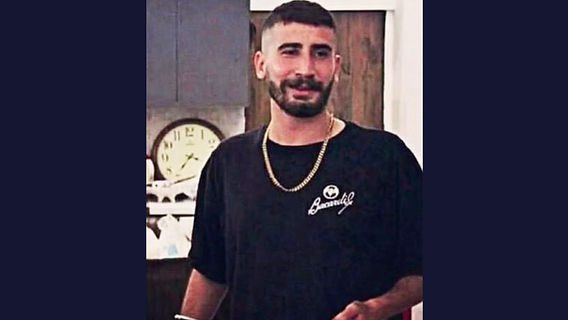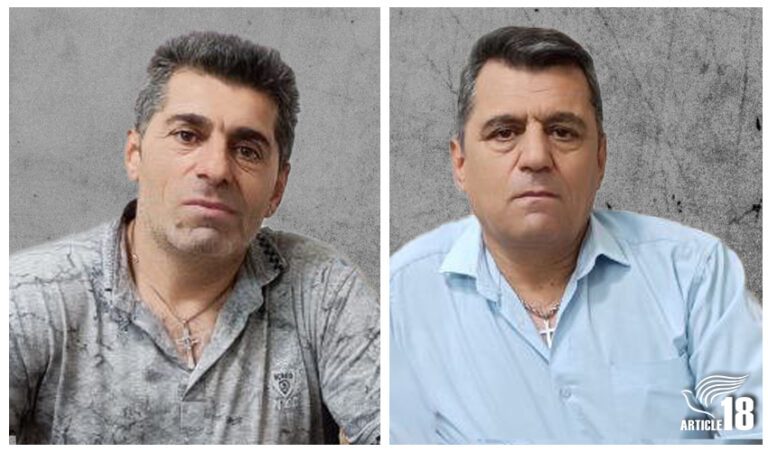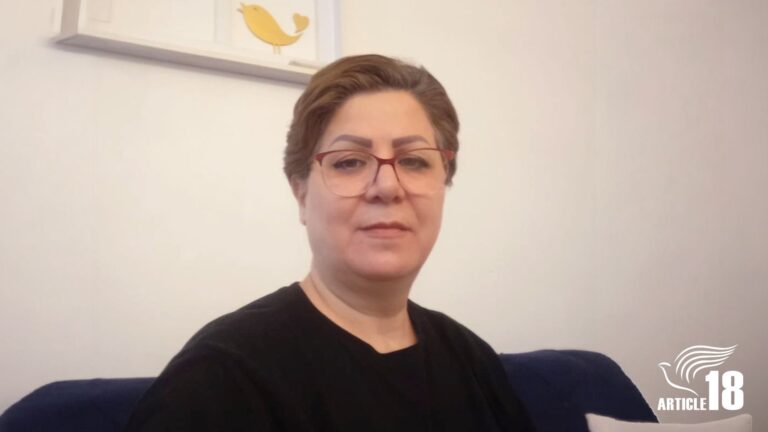A second Iranian woman convert began a two-year prison sentence on Easter Saturday on charges related to the practice of her faith.
Sakine (Mehri) Behjati handed herself in to the authorities at Evin Prison in Tehran on the same day as Fariba Dalir, and both are now serving two-year sentences on similar charges.
Mehri was later permitted a transfer to Lakan Prison in her home city of Rasht, so she could be closer to her children.
Who is Mehri Behjati?
Mehri was one of four converts first arrested in February 2020 for their membership of a house-church in Rasht.
The four – also Mehri’s nephew Hadi (Moslem) Rahimi and married couple Ramin Hassanpour and Kathrin (Saeede) Sajadpour – were officially charged in May 2020 and taken to Lakan Prison after being unable to afford the bail set for them – of 500 million tomans (around $30,000).
They were eventually released a week later on reduced bail of 200 million tomans ($11,500).
The converts were sentenced in August 2020 to between two and five years in prison for “acting against national security” by belonging to a house-church and “spreading Zionist Christianity”. Ramin was given a five-year sentence, Moslem four years, and Mehri and Saeede two years.
Their appeals were rejected in September 2020.
On 9 January 2022, Moslem left behind his nine-month-old daughter to begin serving his four-year sentence at Evin Prison so that the property deed submitted by a friend to secure his bail may be released.
A month later, the other three were told they must hand themselves in to the authorities in Tehran by the end of February. However, Mehri was later permitted an additional six weeks at home, in order to be able to spend the Iranian New Year, Nowruz, with her family.
Mehri and her nephew, Moslem, applied to the Supreme Court for a retrial, but their applications were rejected by Branch 9 of Iran’s highest court in February.




0 Comments
Trackbacks/Pingbacks